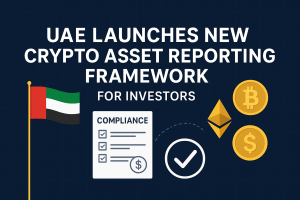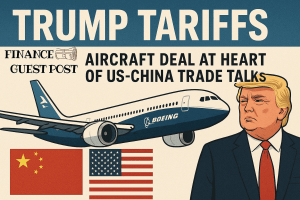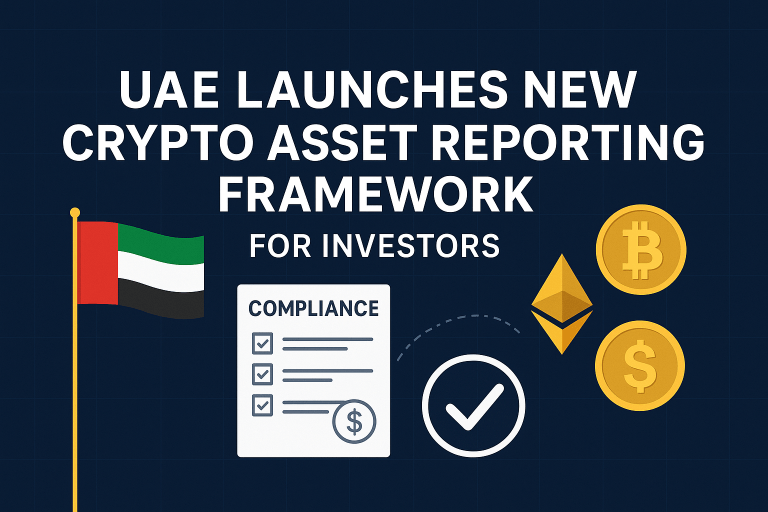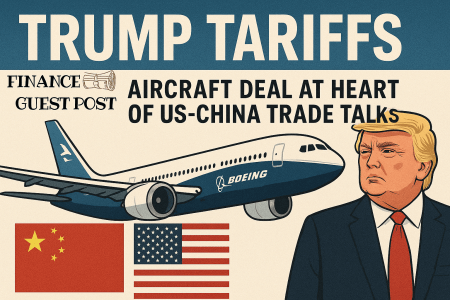The launch of a new Crypto Asset Reporting Framework (CARF) is a significant step towards regulating the UAE’s digital assets sector and being a part of international tax transparency rules.
In order to implement CARF, the UAE Ministry of Finance made a statement regarding signing the Multilateral Competent Authority Agreement (MCAA) in order to implement CARF on September 20, 2025, which will go into effect as of January 1, 2027, and the first exchange of crypto tax information will be noted in 2028.
What is the Crypto Asset Reporting Framework (CARF)?
CARF is an international effort of the Organisation of Economic Co-operation and Development (OECD) to establish a regime of automatic exchange of tax information of transactions involving crypto-assets among nations.
Certain transactions like buying and selling, exchange, account balance, and customer related data, are to be gathered and reported by the parties like crypto exchanges, brokers, custodians, and wallet providers under CARF.
Why is the UAE Introducing CARF?
The decision that the UAE has undertaken to implement CARF will improve the transparency, security, and compliance with international tax laws of the rapidly growing crypto industry.
The structure prevents evasion of tax and protects the investor by ensuring that the crypto operations are properly reported. By becoming a member of CARF, the UAE is becoming part of an organization consisting of over 50 other authorities that have committed to making digital assets regulation and transparency globally.
Key Dates and Consultation
- The UAE’s CARF regime will become operational in 2027.
- The initial automatic exchange of crypto tax data will start in 2028.
- A public consultation is ongoing from September 15 until November 8, 2025, and solicits input from crypto stakeholders, such as traders, advisors, exchanges, and custodians, to assist in completing the implementation requirements.
Impact on Businesses and Investors
Crypto service providers will have to modernize their processes and systems in order to meet CARF’s standards. Investors should maintain comprehensive records on crypto purchases and sales along with prices, date of purchase, and selling date, and other charges to be reported appropriately. The new policies will lead to further clarification of crypto activities that are subject to taxation, like staking rewards, NFT sales, and token exchanges, which will allow investors to better plan their taxes.
How CARF Aligns with the UAE’s Other Legislation
CARF complements the UAE’s existing corporate tax law and virtual asset regulations, including Dubai’s Virtual Assets Regulatory Authority (VARA) rules. Businesses in the crypto space will need to comply with all these regulations to maintain proper governance, compliance, and reporting standards.
What This Means for the UAE’s Crypto Sector
By assuming the framework, the UAE will be at the lead in crypto regulation, and its innovation will be equal to responsibility. The move will capture the attention of global allies and trust, attract compliant investors, and assist the nation in realizing its objective of establishing a transparent and sustainable market in digital assets.








